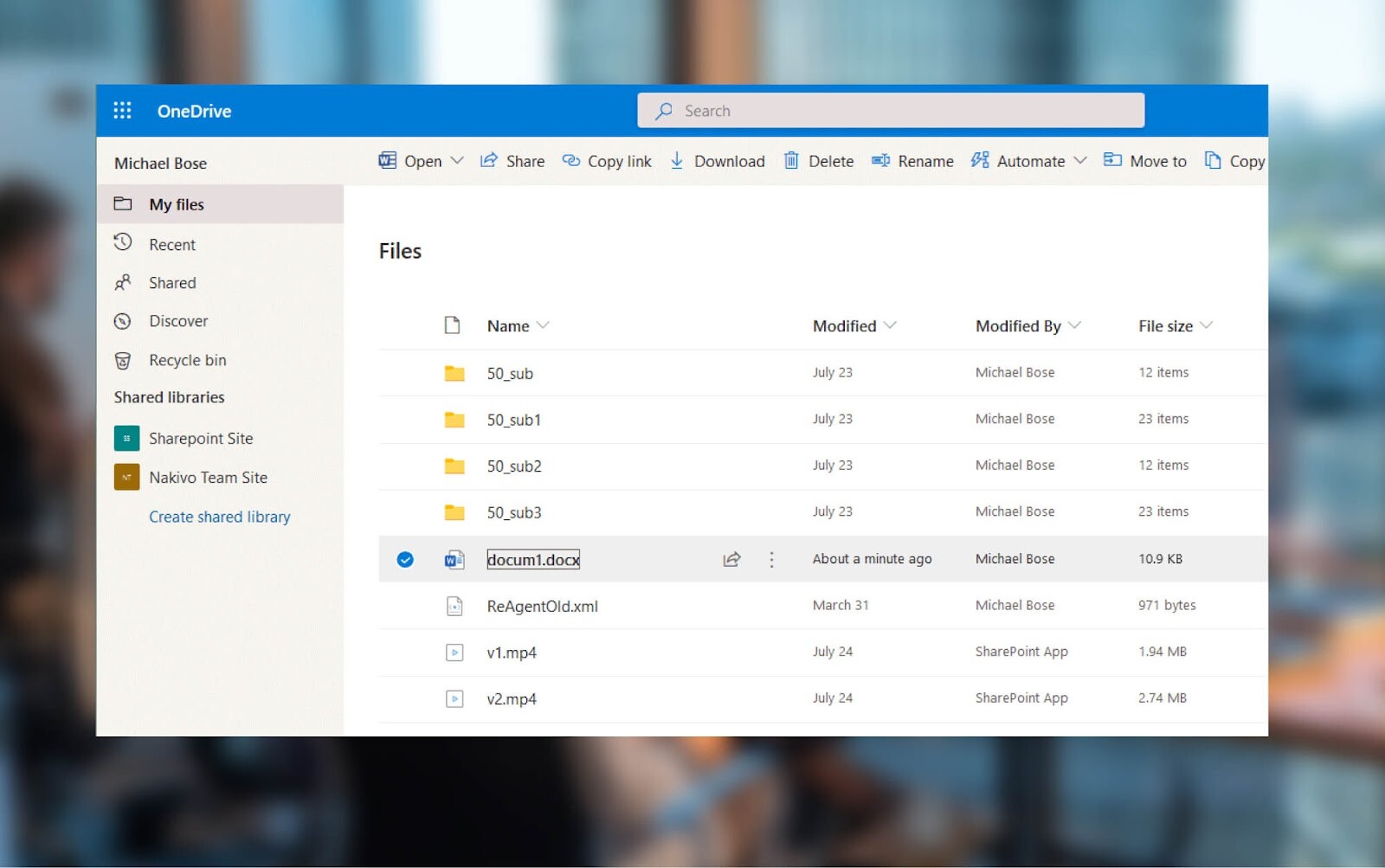Navigating the bustling world of real estate can feel like juggling flaming torches while riding a unicycle.
Between client meetings, property viewings, and negotiations, the last thing you need is a chaotic filing system.
Effective file management isn't just a luxury for a real estate agent—it's a necessity.
Here are some strategies to keep your files organized, accessible, and secure, making your professional life smoother and more efficient.
1. Go Digital: Embrace the Cloud

(Photo from Rock.so)
Gone are the days of lugging around hefty folders and stacks of paper. Cloud storage solutions like Google Drive, Dropbox, and OneDrive offer a streamlined, accessible way to store your documents. Not only do they provide ample space, but they also enable you to access your files from anywhere, at any time.
- Tip: Create a logical folder structure. For instance, you might have main folders for "Buyers," "Sellers," "Listings," and "Transactions," with subfolders for individual clients or properties. Consistency is key!
2. Automate Where Possible
Automation can save you from countless hours of repetitive tasks. Email automation tools, customer relationship management (CRM) systems, and task management apps can streamline your workflow, ensuring that nothing falls through the cracks.
- Tip: Set up automated reminders for contract deadlines, follow-ups, and listing expirations. This helps you stay on top of critical tasks without constant manual checking.
3. Standardize File Naming Conventions

(Photo from ExpressionEngine Docs)
A consistent file naming convention is a small change that can make a big difference. Decide on a format that works for you and stick with it. For example, you could use "ClientName_PropertyAddress_Date" to keep things clear and organized.
- Tip: Document your naming convention and share it with your team to ensure everyone is on the same page.
4. Regular Backups
Even with cloud storage, regular backups are a must. External hard drives or backup services like Backblaze provide an extra layer of security against data loss.
- Tip: Schedule weekly or monthly backups and stick to your schedule. Regularly check that your backup system is functioning correctly.
5. Secure Your Data
Real estate transactions involve sensitive information, making data security a top priority. Use strong, unique passwords for your accounts and enable two-factor authentication (2FA) wherever possible. Consider using a password manager like LastPass or 1Password to keep track of your credentials securely.
- Tip: Regularly update your software and systems to protect against the latest security threats. Conduct periodic security audits to identify and rectify potential vulnerabilities.
6. Leverage Mobile Apps
.png?width=1920&height=1080&name=filemanage3%20(1).png)
(Photo from How-To-Geek)
As a real estate agent, you're always on the move. Mobile apps for document management, note-taking, and scheduling can help you manage your files and appointments efficiently, even when you're out of the office.
- Tip: Explore apps like Evernote for note-taking, CamScanner for scanning documents on the go, and Trello for task management. These tools can keep you organized and productive from anywhere.
7. Train Your Team
Your team is only as strong as its weakest link. Ensure everyone is trained on your file management systems and procedures. Regular training sessions can help keep everyone updated on best practices and new tools.
- Tip: Create a comprehensive file management guide for new hires. This can serve as a handy reference and ensure that your team maintains consistency.
8. Regular Reviews and Audits
Periodic reviews of your file management system can help identify inefficiencies and areas for improvement. Conducting audits ensures that files are stored correctly, naming conventions are followed, and old or unnecessary files are archived or deleted.
- Tip: Schedule quarterly reviews to stay on top of your file management system. Encourage team feedback to continuously improve your processes.
9. Keep a Paper Trail

(Photo from Document Management Blog)
While digital files are convenient, having a physical backup of critical documents can be a lifesaver in emergencies. Maintain a well-organized filing cabinet for essential hard copies like signed contracts and legal documents.
- Tip: Use file folders and labels to categorize documents clearly. Ensure that these files are stored securely, in a fireproof cabinet if possible.
Conclusion

(Photo from Home & Decor)
Effective file management is the unsung hero of a successful real estate career. By implementing these strategies, you can minimize stress, maximize productivity, and focus on what you do best—helping clients buy and sell homes. Embrace technology, stay organized, and never underestimate the power of a well-structured filing system. Your future self will thank you!
As always, we here from Transactly would like to thank you guys so, so much for taking the time to read this blog post - your continuous support is always appreciated! For all the latest real estate content, latest news, and more to fuel your daily digest, stay tuned: we'll be getting new blog posts up every Monday, Wednesday, Friday, and Saturday.
We'd like to give credit where credit is due and list down the following websites that provided the inspiration behind this blog post - go give their articles a read!
Content Snare: https://contentsnare.com/how-to-organize-client-files/
Mind Tools: https://www.mindtools.com/ahjudzv/7-tips-for-effective-file-management
Paperless Pipeline: https://www.paperlesspipeline.com/blog/how-to-organize-real-estate-files-according-to-a-professional
Real Estate Online Learning: https://realestateonlinelearning.com/5-document-management-tips-for-new-real-estate-agents/